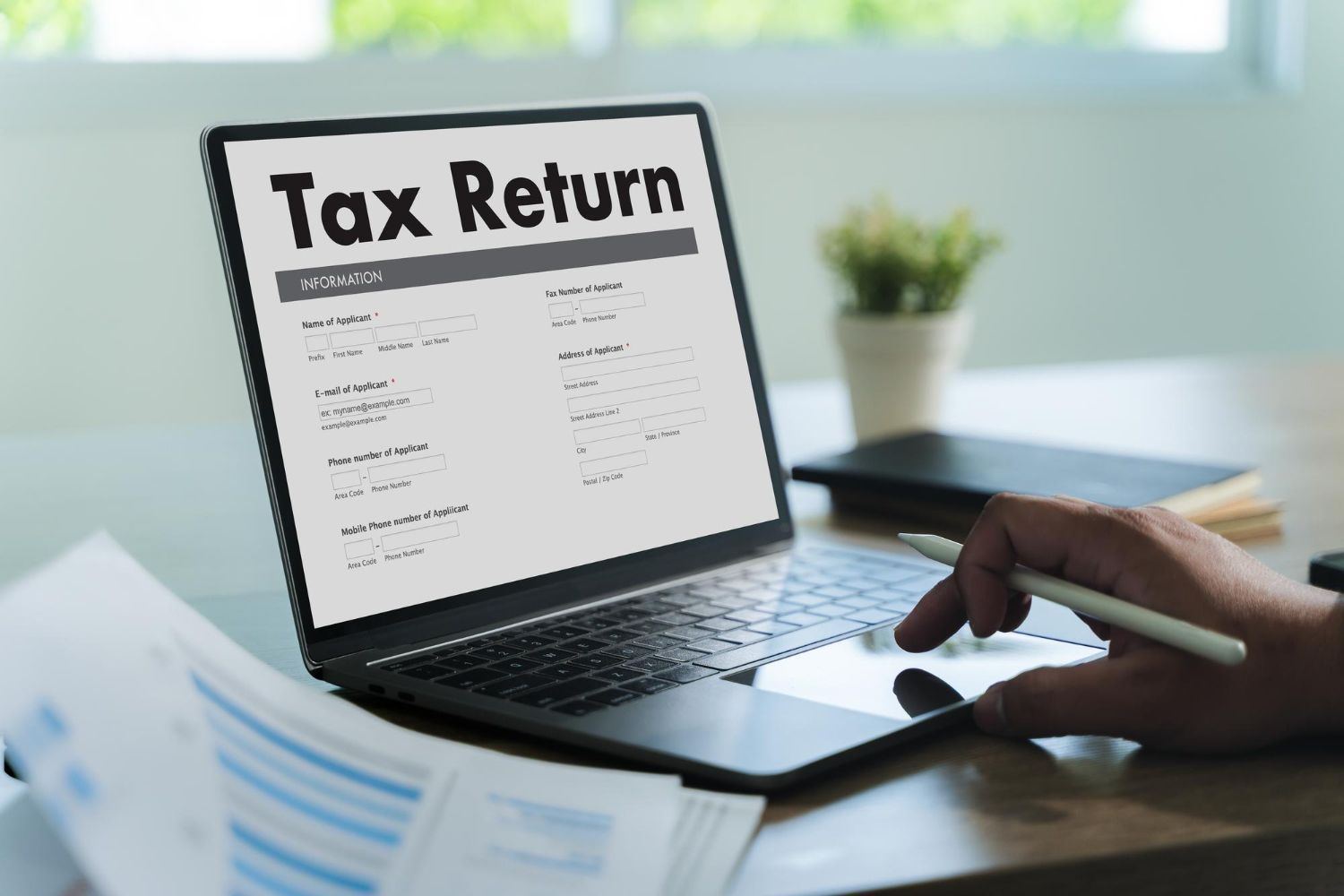Understanding Cash Tips and Earnings for Service Industry Workers
Understanding Tax Obligations for Cash Tips and Payments in the Service Industry
Working in the service industry offers its own advantages, including the receipt of cash tips and payments. However, it is crucial to comprehend the tax implications associated with these earnings. Here is an essential guide to help you navigate the process of declaring your cash tips and payments accurately.

The Importance of Declaring Payments: Why You Shouldn’t Resist
While it may be tempting to avoid declaring your cash tips and payments, there are compelling reasons why you should not give in to that temptation. In fact, the benefits of reporting your cash earnings far outweigh the potential drawbacks. Here’s why it’s essential to declare your cash tips and payments:
- Enhanced Financial Opportunities: If you’re considering purchasing a home or applying for a loan, declaring your additional income can significantly increase your chances of getting approved for larger loan amounts.
- Retirement Planning Benefits: Tips qualify as earned income for Registered Retirement Savings Plans (RRSPs). By reporting your cash earnings, you can maximize your contribution limits, allowing you to invest more towards your retirement and potentially lower your taxable income.
- Improved Pension Benefits: You have the option to use your tips to contribute to the Canada Pension Plan (CPP) or Quebec Pension Plan (QPP). By doing so, you increase the amounts you will receive as pension benefits when you retire, providing greater financial security in the future.
- Peace of Mind: By declaring your cash tips and payments, you can enjoy peace of mind, knowing that you won’t face the potential consequences of non-compliance.
Considering these benefits, it becomes clear that declaring your cash tips and payments is a wise choice that can positively impact your financial well-being in the long run.
The Risks and Consequences of Not Declaring Cash Tips and Payments
Choosing not to report your cash earnings can have serious legal and financial implications. It’s important to be aware of the risks involved. Here are the potential risks and consequences of not declaring your cash tips and payments:
- Legal Consequences: Not reporting your cash earnings is illegal, and if caught, you may face penalties, fines, and even criminal convictions. It is essential to comply with tax regulations to avoid legal trouble.
- Increased Tax Liability: If you are caught not declaring your cash earnings, you will not only have to pay the taxes you owe but also additional interest and potential penalties. This can result in a significant financial burden that could have been avoided by accurately reporting your income.
- Impact on Society: Working under the table and evading tax obligations contribute to a larger societal issue. Taxes fund vital programs and services that benefit all Canadians, such as healthcare, education, Old Age Security, and Employment Insurance. When individuals evade taxes, it reduces the financial support available for these essential programs, impacting the entire society.
- Detection by Tax Authorities: Some may believe that the Canada Revenue Agency (CRA) cannot detect the true amount of someone’s earnings, leading to the misconception that partial reporting may be an option. However, it’s important to note that the CRA possesses various tools and collaborates with partners to identify underground economy activities. Moreover, inconsistencies between reported income and one’s lifestyle may raise suspicions, making it crucial to accurately report all earnings.
By understanding these risks and consequences, it becomes clear that declaring all cash earnings is not only a legal obligation but also a responsible and ethical choice that supports the stability and well-being of both individuals and society as a whole.
Also read: Blogger Tax Deductions: Do’s and Don’ts
How to Declare Cash Earnings: A Step-by-Step Guide
To ensure accurate reporting of your cash tips and payments, follow these steps:
- Track Cash Tips and Payments: Throughout the year, diligently record all cash tips and payments you receive. It is recommended to do this on a daily or weekly basis while the details are fresh in your memory. You can use various methods such as mobile apps, agendas or calendars, spreadsheets, or any system that suits your preference. The goal is to have a comprehensive record of all earnings between January 1 and December 31.
- Calculate Total Cash Earnings: At the end of the year, calculate the total amount of cash tips and payments you have received. This sum should include all earnings generated within the specified period.
- Report on Your Tax Return: When filing your income tax and benefit return, declare the total amount of cash earnings on line 10400. Ensure accuracy in reporting this figure to comply with tax regulations.
Special Consideration for Quebec Residents in the Service Industry: If you work in the service industry and reside in Quebec, there is an additional requirement. Quebec workers must declare their tips at the end of each pay period by submitting form TP-1019.4.V (Register and Statement of Tips) to their employer. Be sure to fulfill this obligation to comply with the specific tax regulations in Quebec.
By following these steps and fulfilling your reporting obligations, you can ensure that your cash earnings are accurately declared, promoting transparency and compliance with tax laws.
Reporting Cash Earnings: Can I Rectify Past Years?
If you overlooked declaring your cash earnings in previous years, there is still an opportunity to rectify the situation. The government offers the Voluntary Disclosures Program, which allows you to come forward and declare your unreported tips and earnings from past years. Here’s what you need to know:
- Voluntary Disclosures Program: By participating in the Voluntary Disclosures Program, you can voluntarily disclose your previously unreported cash earnings. This program provides a chance to correct your tax records and fulfill your obligations.
- Application Process: To initiate the process, you will need to submit an application to the Canada Revenue Agency (CRA) under the Voluntary Disclosures Program. The application should include all the necessary information about your unreported cash earnings, along with the applicable tax years.
- Tax Payment and Interest: If your application is accepted by the CRA, you will be required to pay the taxes owed on your unreported earnings. Additionally, interest will be charged on the overdue amount. It’s essential to be prepared to fulfill these financial obligations.
- Potential Penalty Relief: In some cases, the CRA may consider waiving or reducing penalties as an incentive for voluntarily coming forward and correcting your tax filings. However, this will be determined on a case-by-case basis.
Remember, it is always better to rectify any omissions and declare your cash earnings, even if it’s after the due date. By taking advantage of the Voluntary Disclosures Program, you can address past discrepancies and ensure compliance with tax regulations.











